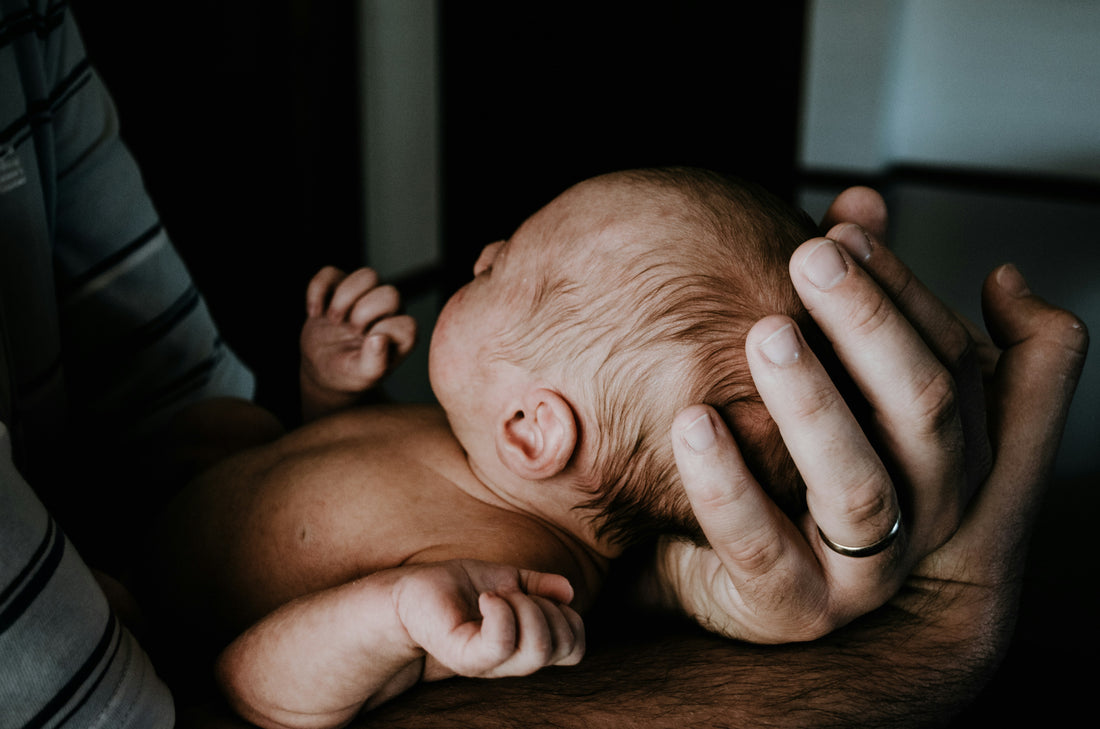Imagine this: a spoonful of warm honey drizzled on toast, its sweetness tantalizing your taste buds. It sounds perfectly harmless, right? While honey is a delicious natural sweetener enjoyed by adults worldwide, for babies under one year old, it can be a dangerous threat. So, why can't babies have honey, and what are the potential risks involved? Keep reading to get all the details.
Why Can't Babies Have Honey?
The culprit lies in tiny, invisible spores called Clostridium botulinum. These spores are found naturally in soil and dust, and can sometimes contaminate honey, even in processed forms. While harmless to adults whose digestive systems have developed defenses, these spores pose a serious threat to infants. Their immature gut flora lacks the necessary bacteria to prevent the spores from germinating and multiplying. This, in turn, can lead to the production of a potent neurotoxin called botulinum toxin, the cause of infant botulism.
What Is Infant Botulism?
Infant botulism is a rare but potentially life-threatening illness affecting babies under one year old. It weakens the muscles responsible for breathing, sucking, and swallowing, leading to serious complications. Although it's uncommon for babies to get sick from honey, the consequences can be severe. That's why it's super important to learn about the risks and symptoms, so you can keep your little one safe and healthy.
What Are the Symptoms of Infant Botulism?
Early detection is key to managing infant botulism effectively. Here are some key symptoms to watch out for:
Constipation: Difficulty passing stools is a common sign of weakened intestinal muscles.
Muscle weakness: This often manifests as floppiness, difficulty holding up their head, or weak sucking and swallowing.
Poor feeding: Difficulty sucking and swallowing due to muscle weakness can lead to decreased feeding and inadequate intake.
Drooping eyelids: This symptom, medically known as ptosis, makes babies appear sleepy or disinterested.
Change in cry: A weak, breathy cry is often indicative of weakened muscles around the vocal cords.
Be aware that symptoms of infant botulism can appear within 12 to 36 hours after consuming contaminated food. Constipation is often the first sign, but it can take up to 14 days for symptoms to manifest.
If you notice any of these symptoms in your baby, seek immediate medical attention. Early diagnosis and treatment with antitoxin can significantly improve outcomes.
What to Do If You Suspect Your Baby Has Infant Botulism?
If you suspect your baby might have infant botulism, don't delay! Immediately consult your pediatrician or visit the nearest emergency department. Explain your concerns and share any observed symptoms. The doctor will likely conduct a physical examination and may run tests to confirm the diagnosis.
Treatment for infant botulism typically involves administering an antitoxin to neutralize the botulinum toxin. Depending on the severity, your baby may also require supportive care, including mechanical ventilation to assist with breathing and feeding tubes to ensure adequate nutrition.
When Is It Safe for Babies to Eat Honey?
Can babies eat honey? Yes they can once they have reached 12 months old, because their gut microbiome matures significantly, offering protection against Clostridium botulinum. At this stage, you can safely introduce honey in moderation as part of a balanced diet. However, it's essential to remember that honey is still a form of sugar, and excessive consumption can contribute to tooth decay and other health problems.
How to Introduce Honey in Your Baby’s Diet
While waiting for the go-ahead from your pediatrician, you might wonder about safely introducing honey to your child. Here's a guide to navigating this decision with informed choices and responsible serving strategies:
- Drizzle a touch of honey over warm oatmeal.
- For a light snack, spread a thin layer of honey on whole-wheat toast or crackers.
- Mix a touch of honey into plain yogurt, creating a naturally sweetened treat. Consider topping with berries or granola for a delightful parfait.
- Add a hint of honey to your homemade smoothies.
- Instead of sugary syrups, drizzle a small amount of honey on pancakes or waffles. Top them with fresh fruit for a delicious and nutritious breakfast.
Remember: Honey is not a necessary food for young children. Breast milk, formula, and age-appropriate complementary foods provide all the nutrients your baby needs for healthy development.
Conclusion
While honey may be a delightful treat for adults, it's important to remember that it can be harmful to babies under one year old. By understanding the risks of infant botulism and knowing when to safely introduce honey, you can make informed decisions to protect your little one's health and well-being.
Always consult your pediatrician before introducing honey and prioritize other natural sources of sweetness like fruits and spices. Remember, the most delicious treat for your baby is your unwavering love and commitment to their well-being.
References
Pampers (2020). When Can Babies Have Honey? Retrieved from https://www.pampers.co.uk/baby/feeding/article/when-can-babies-have-honey
Healthline (2018). When Is It Safe for Babies to Eat Honey? Retrieved from https://www.healthline.com/health/parenting/when-can-babies-eat-honey
Cleveland Clinic (2020). When Is It Safe to Give Honey to My Baby? Retrieved from https://health.clevelandclinic.org/when-is-it-safe-to-give-honey-to-my-baby

